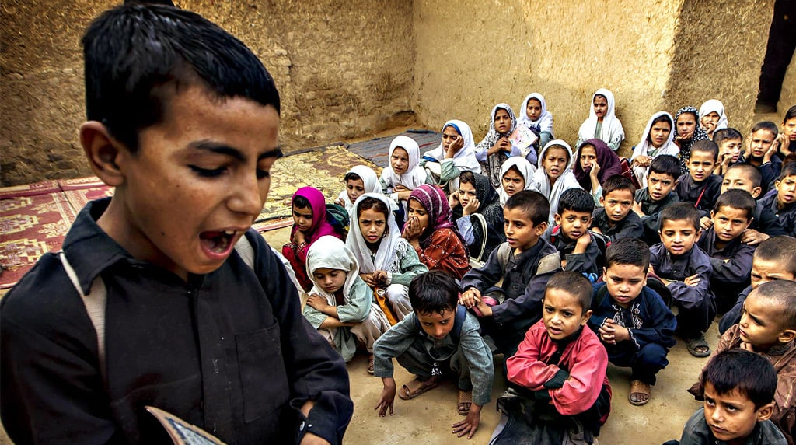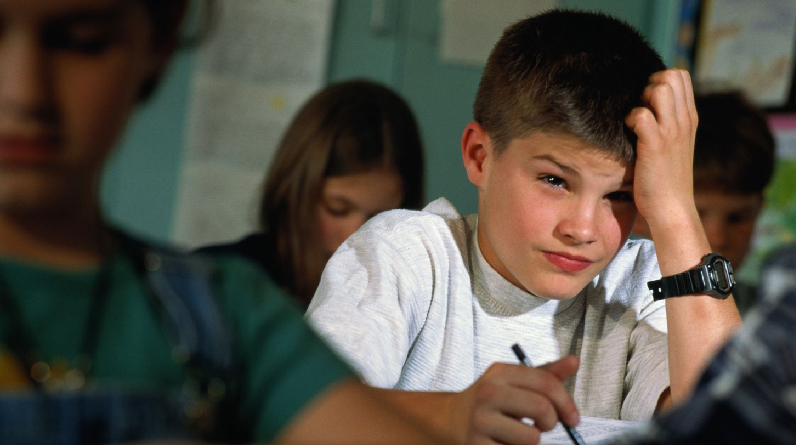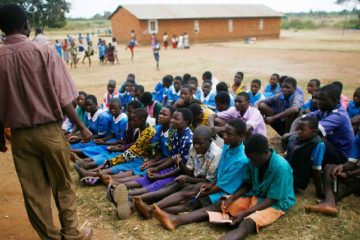Every kid should be able to read a short story by the time they’re ten.

Reading puts kids on the road to success in school, the workplace, and beyond, and gives them more control over their own lives. Six out of every ten children don’t have access to this in the world. The situation is even more dire in low and middle-income countries, with nearly 90% of children in sub-Saharan Africa not having mastered this fundamental reading skill by the age of ten.
A staggering 244 million children and teenagers were not in school even before the pandemic hit. Those most at risk are young females and disabled children. In light of the devastating effects of COVID-19 and school closures, the work being done by the United Kingdom to promote girls’ education is more vital than ever. The bright future that every child deserves is taken away from them if they do not receive an education. It’s a terrible loss of time, effort, and potential.
It is unacceptable to put schooling last on any list. Given its potential to ameliorate widespread problems and enrich local communities, it deserves top billing. Because of this, the G7 leaders endorsed two new global targets for low and lower-middle income countries while the UK was in the presidency: getting 40 million more girls into school and 20 million more girls reading by age ten.
With the help of the international community, we hope to accomplish these goals by 2026 and make a significant impact on people’s lives all over the world. We will also continue to back the World Bank’s work to alleviate learning poverty while countries work towards Sustainable Development Goal 4 on quality education. Jointly, we can move the needle toward universal access to a high-caliber education. The most oppressed and defenseless females will be our primary focus. Those most at risk of falling behind due to economic hardship, physical impairment, or the aftermath of a war or natural disaster.

The first of what will be an annual series, this report measures achievement of two global goals for girls’ education endorsed by the Group of Seven. Proof that change is possible, albeit with massive global effort. This will call for well-thought-out policies, precise interventions, and reliable information. It is imperative that we take cues from the countries that are making strides to ensure that all girls have access to quality education.
See Also: The Claims Against The Presidential Candidates In Nigeria’s 2023 Elections
We also need to work toward the more global goal of achieving gender equality in education. To combat harmful gender norms and stop violence, educational institutions must take a leading role. All children need to be provided with a secure setting where they can learn without fear of harm.
As always, we’ll be concentrating on the most inaccessible populations:
- This is the poor girl from a rural area who had a rough start in life.
- The young lady who entered the world in a refugee camp or in the midst of a war.
- Physically or nutritionally challenged girl.
If we can get through to her and make sure she is okay, enrolled, and doing well in school, we can do the same for all kids. Because of this, we will keep taking prompt and firm measures to guarantee that every child, everywhere receives the quality education they deserve.
Leave a reply
You must be logged in to post a comment.







